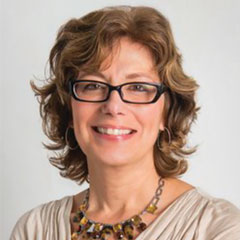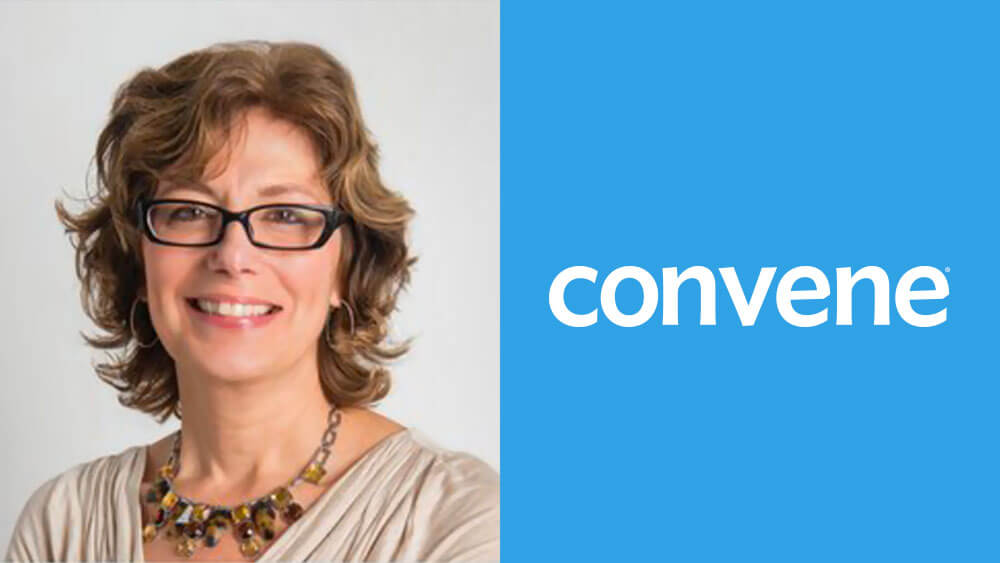
Michelle Russell
The top concern raised by event organizers in both a recent Convene survey and in interviews with Executive Editor Christopher Durso for this month’s cover story was how proposed travel bans to the United States from six mostly Muslim countries could result in decreased international attendance at stateside events.
Certainly, having fewer attendees affects the bottom line, but it goes beyond revenues. Scientific and medical groups have urged President Trump to rescind the executive travel-ban order because of the negative impact it could have on advancements made in a variety of important fields.
When Grace Elta, M.D., council chair of Digestive Disease Week, told National Public Radio in February that a handful of international attendees had canceled their registration to the May conference after the executive order, she wondered if that was “just the tip of the iceberg.” The stakes, Elta said, were high: “Remember, the purpose of this meeting is sharing science…. It’s critical to bettering the health of mankind.”
The best kind of knowledge sharing at professional events of all kinds depends on a diversity of thought and experience, and we stand to lose some of that with decreased participation from international colleagues. But we’re not doing so well on the diversity front when it comes to business-event speakers either, even taking the prospect of lower international participation off the table.
Michael Humphrey, who has helped secure keynote speakers for 30 years, pointed out in a recent LinkedIn post that eight out of 10 keynote speakers at major U.S. business conferences today are white men. “On an almost purely subconscious level, we are comparing women, minorities, and foreign nationals to our narrow perceptions” of traditionally white male speakers, he wrote, and planners need to spend time “broadening the pool of candidates.”
His sentiments echo those of Katie Orenstein, whom Convene Podcast host Ashley Milne-Tyte spoke to for our latest episode (convn.org/podcast-orenstein). Orenstein, founder and CEO of The Op-Ed Project, which aims to amplify the voices of minorities and women, thinks event organizers keep drawing from the same well for speakers — “a small group of people over and over again.” The result, she said, is that we’re only “getting a tiny sliver of the best content out there.”
Despite diversity initiatives, it’s a similar problem in the corporate world, where 85 percent of executives are white men. A Harvard Business Review article chalks that up to our unconscious desire to preserve the status quo, and describes how three researchers sought to challenge that in a study. When they featured only one woman or minority candidate in a pool of four finalists considered for a university teaching position, the odds of that person being hired were statistically zero. But when the researchers added just one more woman or minority candidate to the pool, decision makers were more likely to offer them the job.

